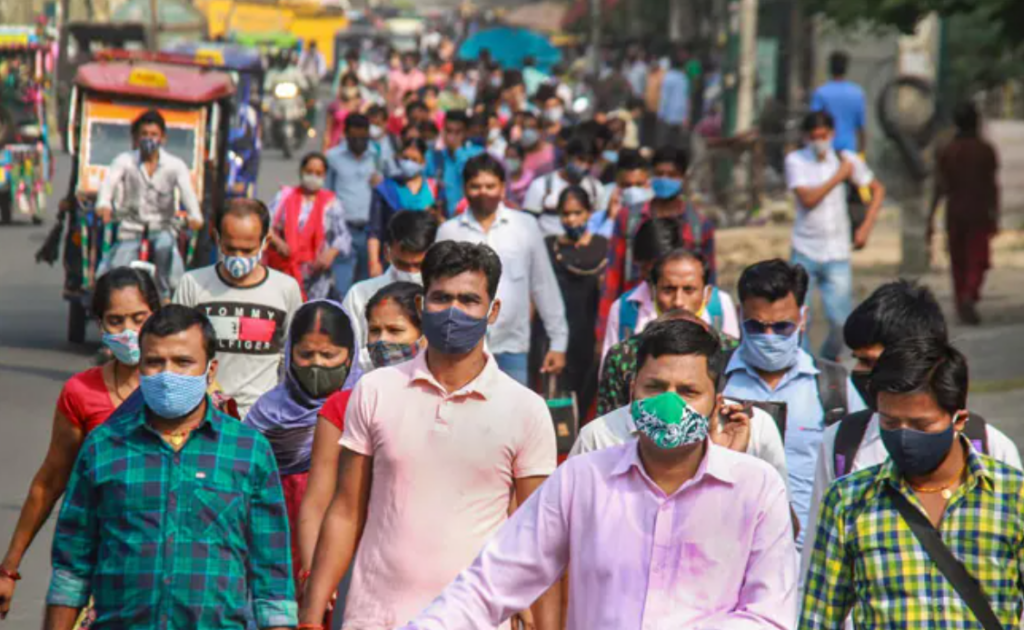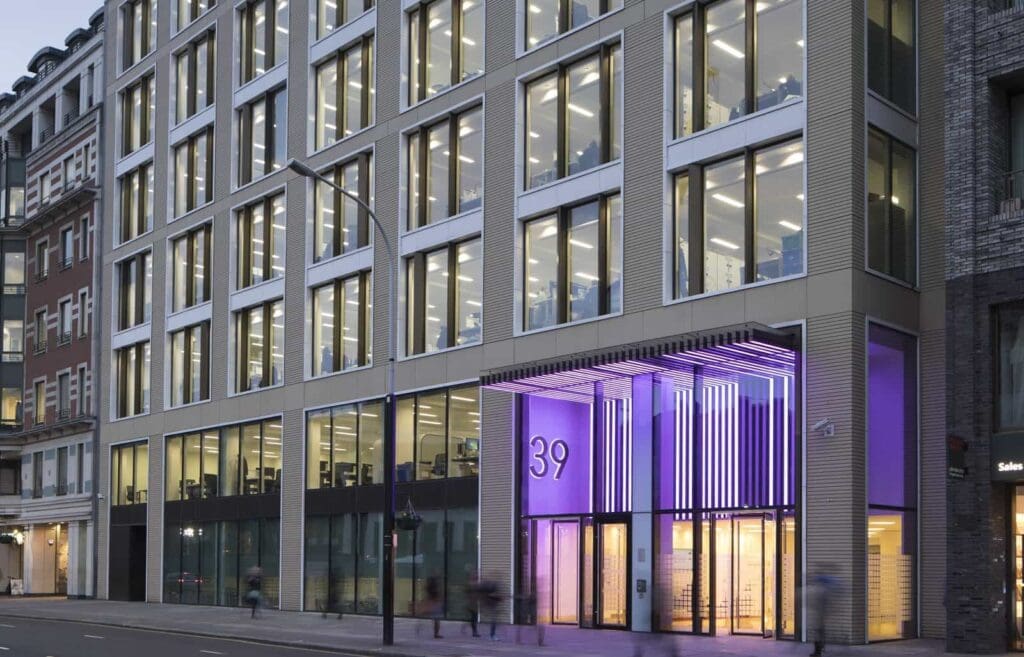

The Toxic Perfectionism Young People Have Learned From Social Media and Covid Conformity
There follows a guest post by dental student Tom Shaw, who says the paralysing atmosphere of conformity that young people have learned from social media has been made much worse by the last two years.
From early on in dental school, it stumped me why I was one of the few people willing to answer questions in university lectures or practical classes, let alone volunteer my own questions. Why would I, or anyone else, waste £9,250 a year to sit in an awkward silence when it was either reasonably clear what the answer was or I could at least have a stab at answering it and learn something new if I was wrong. Particularly in practical classes, with the answer often being on the handouts we’d been given or available in the session’s pre-reading, it seemed silly to waste time in pointless silence that could otherwise be spent learning the necessary technical skills that make a good dentist. Yet it seemed many of my peers did not subscribe to such a view on their higher education or, if they did, did not do a very public job of acting upon it.
Many scientists and software engineers point to the role that social media is likely having on young people, including on their mental development. I come from the first generation where such technology was ubiquitous throughout my adolescent years and, having lived through that, I can see how social media could contribute to the problem. Kids grow up with an environment in which everyone online appear as ‘model citizens’, who publicise only the highlights of their life and hide the rest to be forgotten to time. In this context, many understandably feel that making a mistake, whether online or in ‘real life’, must be avoided. This leads young people to be constantly thinking about how best to avoid or even eliminate a mistake.
In this mindset, not saying anything that might cause embarrassment and following the herd become highly attractive and young people end up instinctively pursuing what I can only describe as a toxic form of perfectionism. You must be seen as master of life, not for the sake of your own wellbeing, but for the appraisal of others to justify your inclusion in the world. Thus were you to venture to answer a question in class, will that define your image amongst your peers? Will that predispose you to more opportunities for failure than you would have otherwise? In a social media world which dissuades people from taking risks for fear of exposing their flaws, such an opportunity to engage intellectually appears as a threat.
This toxic perfectionism, while I hadn’t conceptualised it at such at the time, bothered me in 2019 as I started dental school. Now, with the recent Covid delirium, this problem has proven to be increasingly complex and consequential for humanity. The mental health crisis that existed amongst adolescents prior to 2020 has not only been exacerbated but exploited. We have seen ideologues in government and media corrupt the idea of the ‘model citizen’ to convey that only certain beliefs and attitudes are acceptable and those who dissent are not worthy of status in the brave ‘new normal’ world. The simple pleasures of nightclubs, eating out and meeting friends in-person become conditional on subservience to a narrative of fear, mask-wearing, medical passports and the like. Many will not endeavour to answer the difficult questions around negatives of the vaccine rollout, the cost of lockdowns or whether we really want a technocratic state. Nor will they ask what these do to children and young adults.
Children are being exposed to toxic perfectionism almost from the moment they begin learning. The very concept of ‘why’ exists in name only in much of today’s education system, with the ‘what’ masquerading in its place. Doing GCSEs and A-Levels, so much of our exam preparation was focused not on understanding the science itself, but in what wording you should use to get the mark. This does little to encourage critical thinking, but apparently that isn’t required for modern education. Worse, its mouthpieces scream that the climate will kill you, that systemic injustices will work against you in every aspect of life, that you will never own a house or afford to have children, that you will never be able to trust your own thoughts because of ‘unconscious bias’, that you should be ashamed of your gender, your ancestors, your everything, and that you cannot be trusted with anything as a result. Is it any wonder that young people feel they can’t reveal themselves to be anything less than perfect, and can’t afford a public slip-up when the stakes have been set so high?
Telling someone ‘no question is a silly question’, as many university lecturers do, underestimates just how ingrained such perfectionism has become in youth culture. It becomes too overwhelming even to begin to think critically, and the craving for limits on life become greater than for any opioid. Cancel culture, no-platforming and free speech restrictions, all of which course through the veins of the universities, are survival tactics in a world that’s constantly out to get you.
Reaching someone who has been trained to avoid exposing weakness and admit mistakes for the sake of feeling secure seems a daunting task to say the least. Our universities, which used to be places that could teach someone how to escape from this degrading mindset, are signalling how they’re more interested in moulding their students to conform to prevailing social orthodoxies than to stand out and change them for the better. There seems a greater need than ever for better examples, stories and structures for our children and young people to help them break free of the toxic perfectionism they learned from formative years spent immersed in the unforgiving world of social media and the stifling, fear-based conformity of the Covid pandemic.








